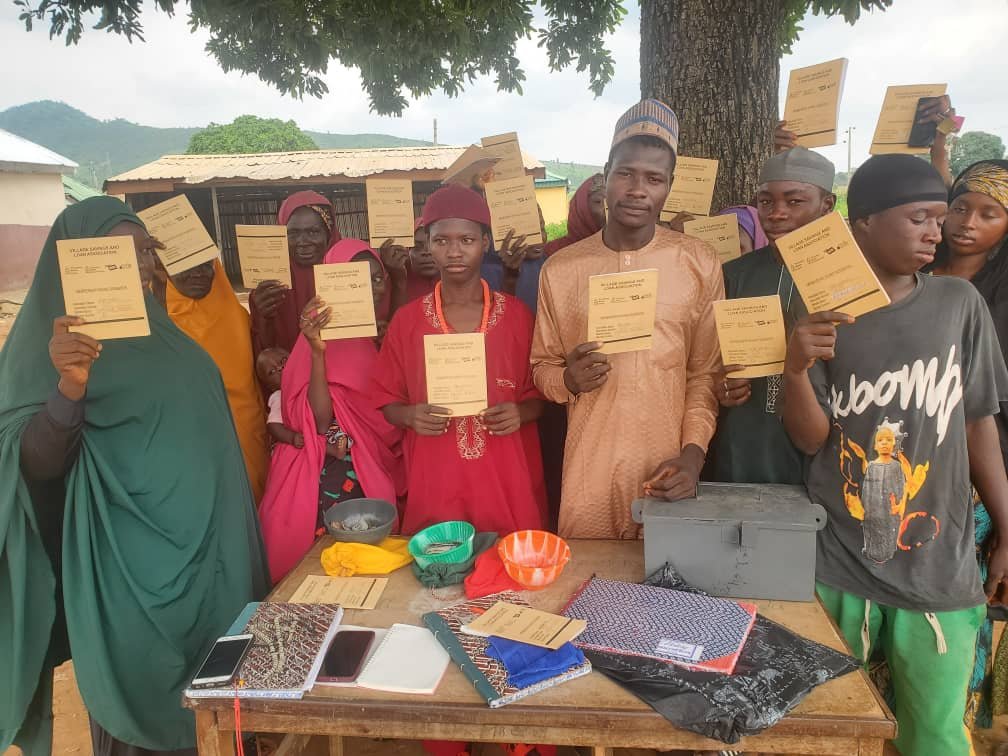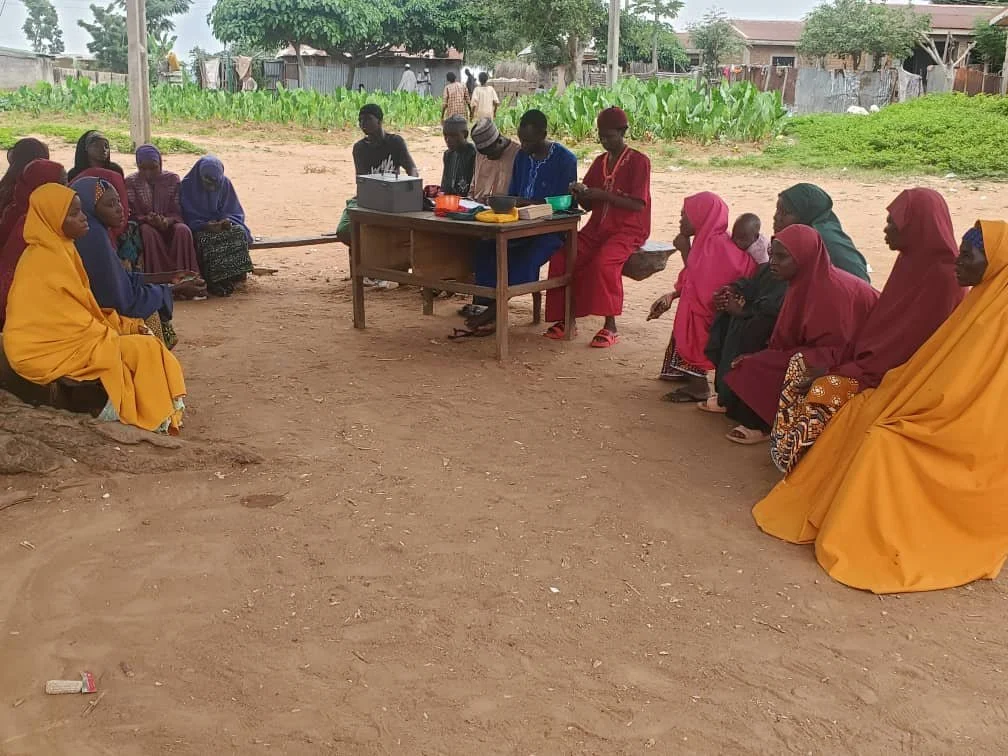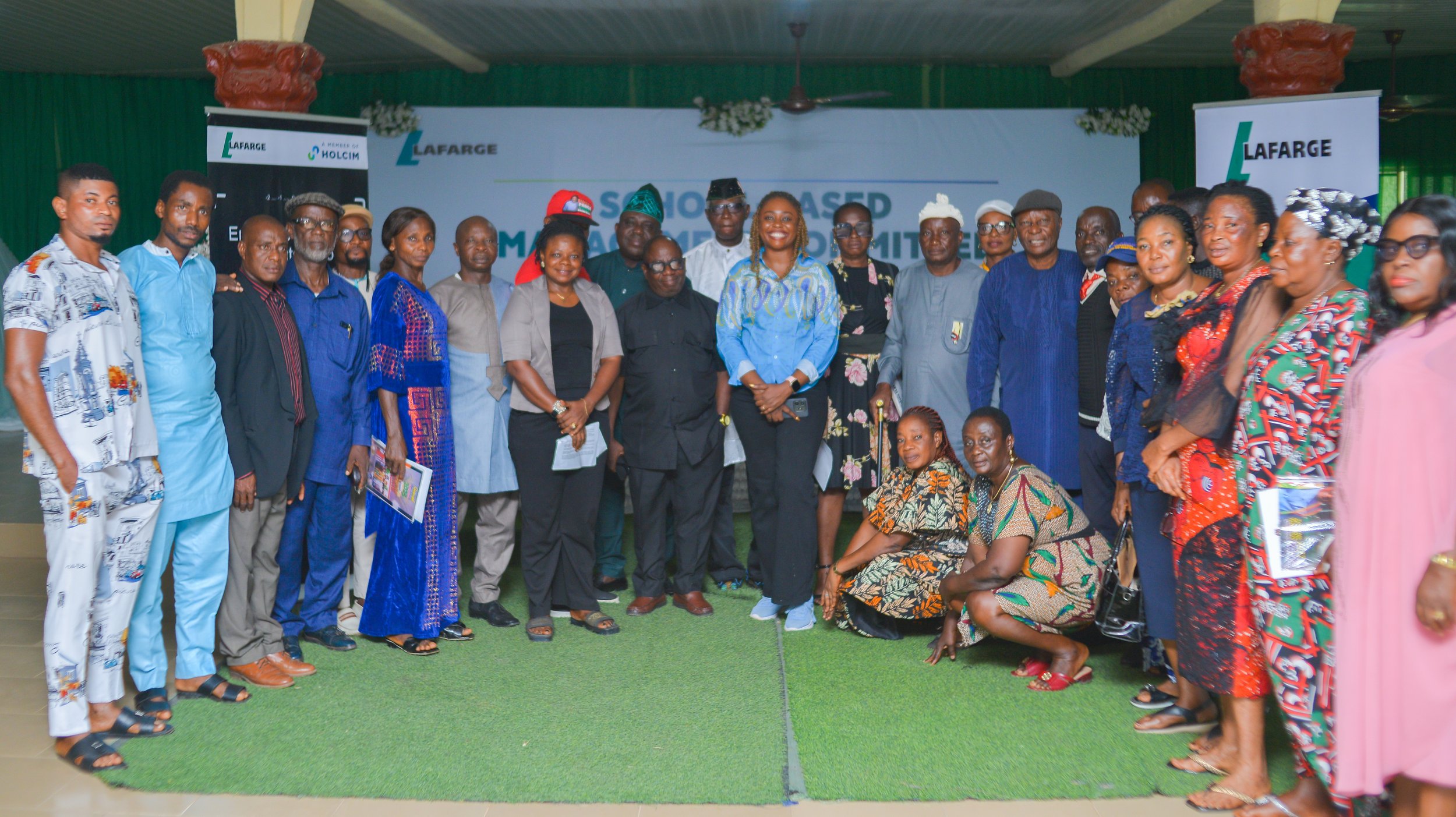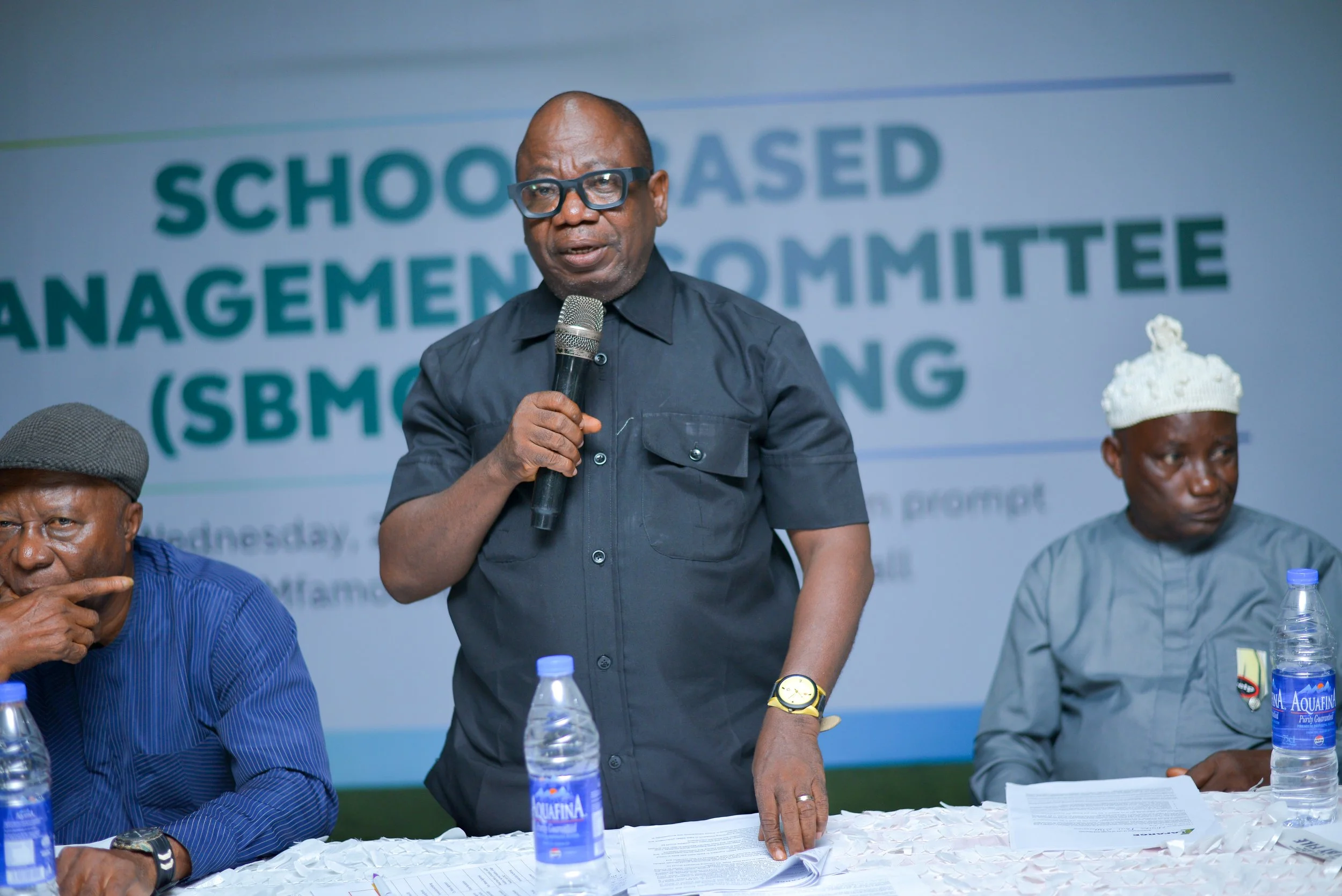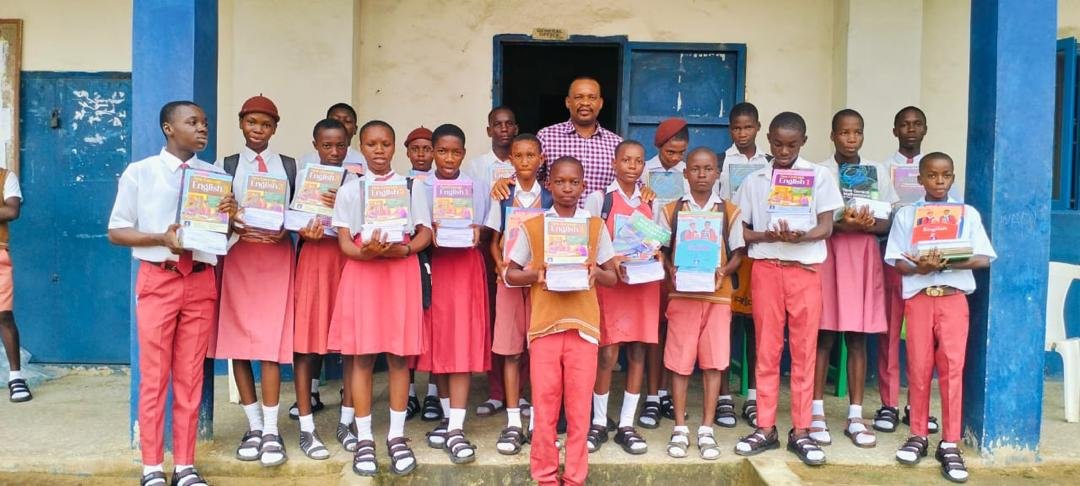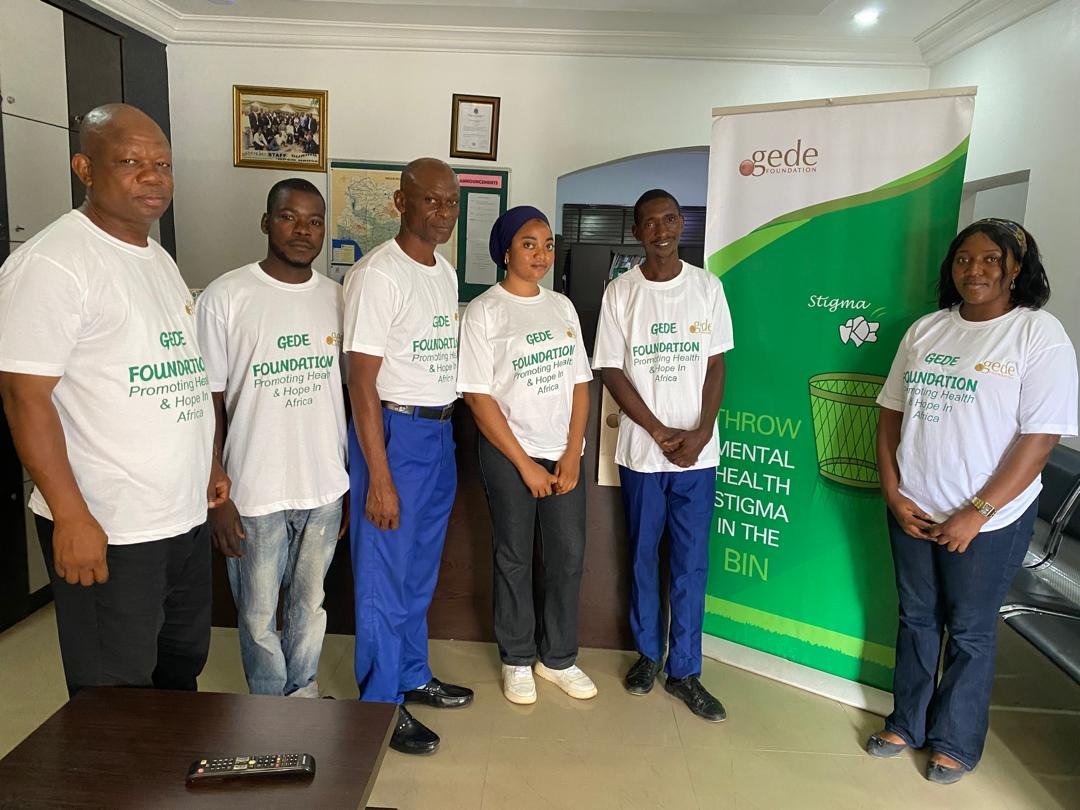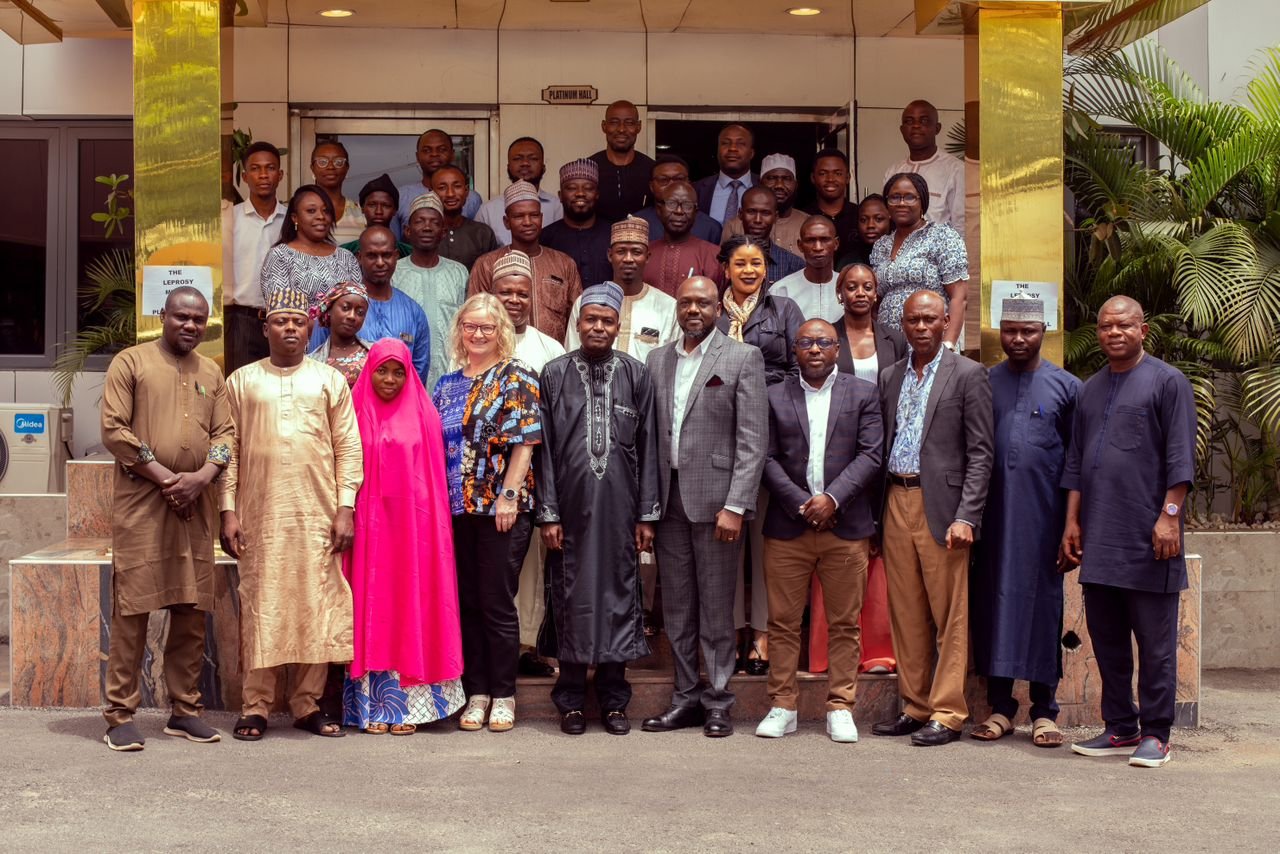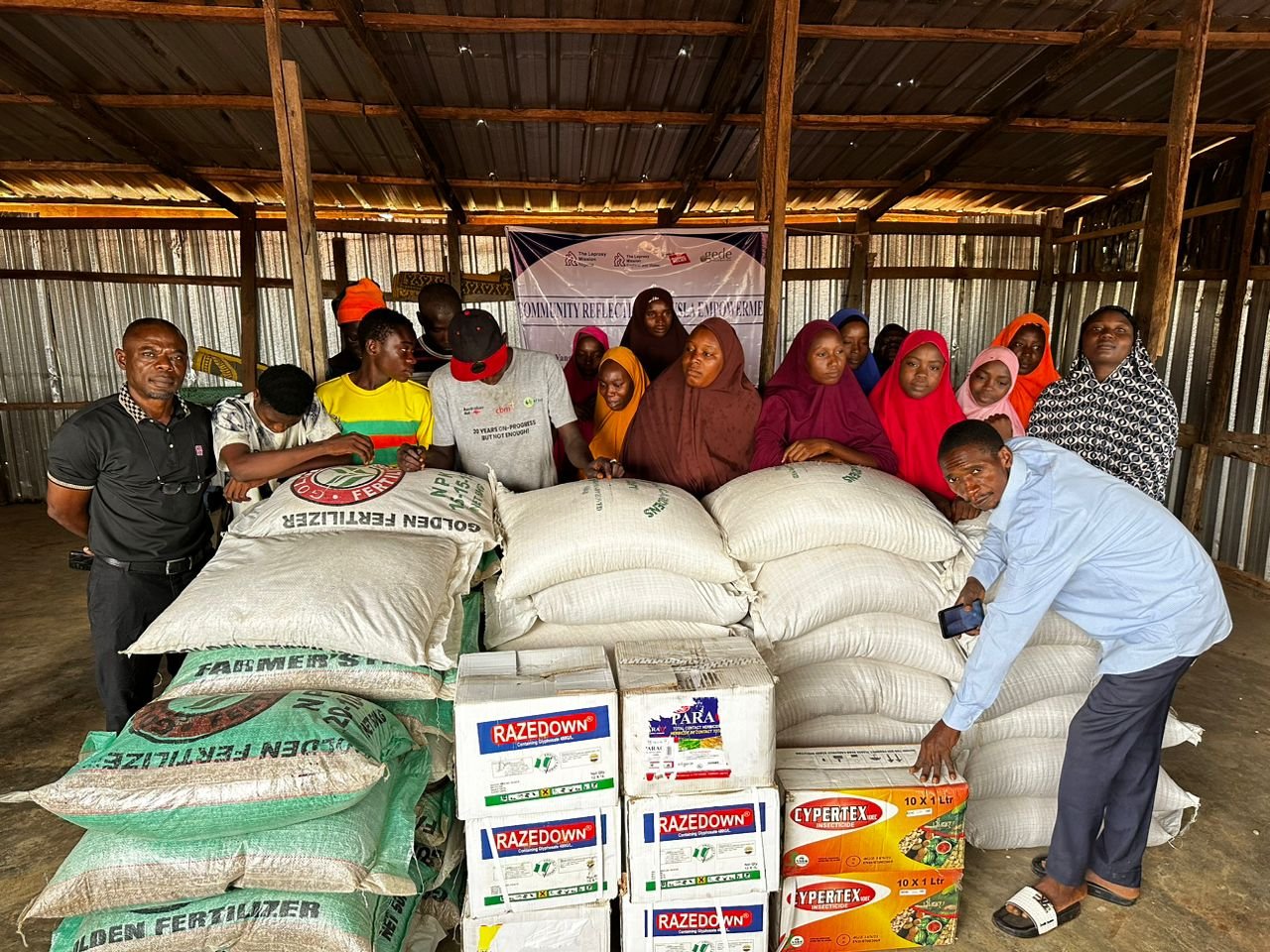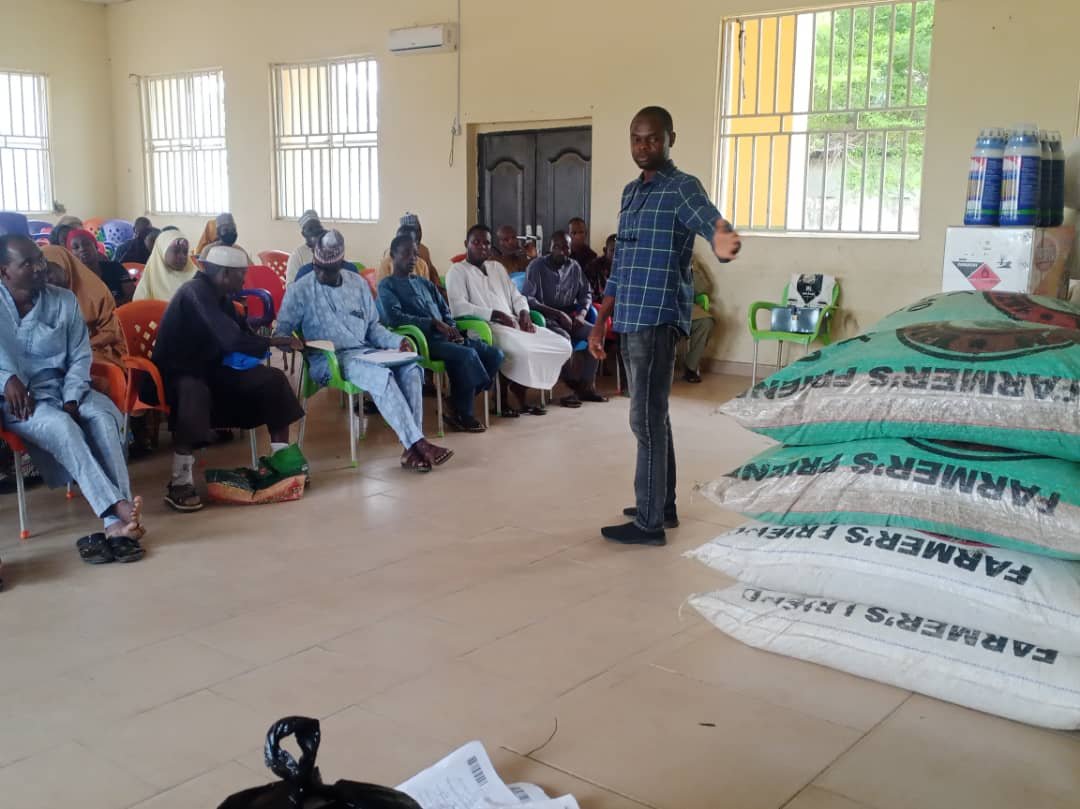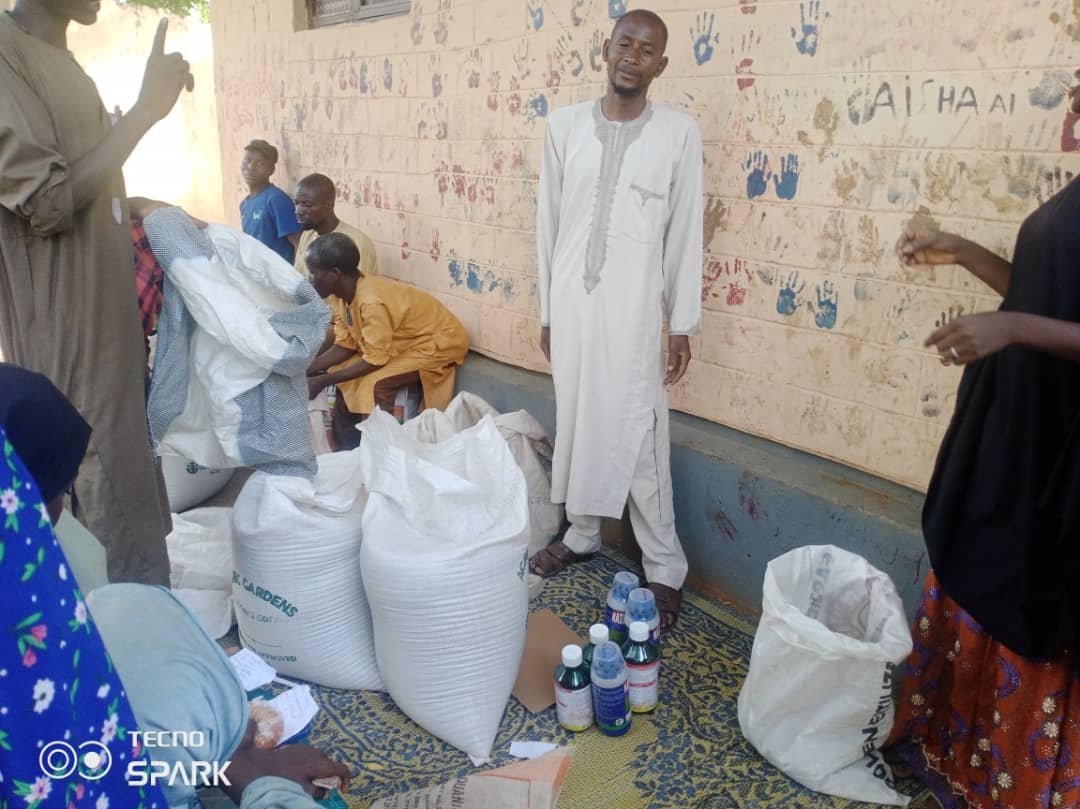Gede partnered with the National Agency for the Control of AIDS (NACA) and AIDS Healthcare Foundation (AHF), to provide health services to Dutse Community in the Federal Capital Territory.
The medical team provided adequate knowledge on prevention and care for mental illness, HIV-AIDS, sexually transmitted infections (STIs) and maternal health. In addition to sensitization, people received psychoeducation, counselling, testing for HIV and other STIs.
Treatment (with medications) were provided as appropriate, based on laboratory test results at the location. Furthermore, referral pathways were established mainly to relevant health facilities for proper recovery.
Information, education and communication (IEC) materials were shared, to promote health-seeking behaviours among community members as well as address the stigma of illness.
It is hoped that the community stakeholders including leaders of women and youth groups, will continue to engage members on this initiative for long-term behaviour change at the community level.


